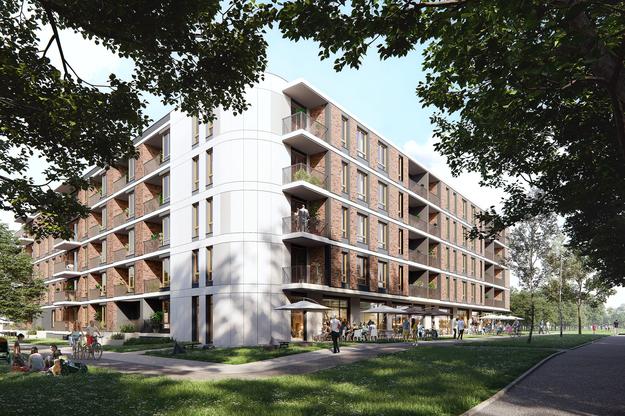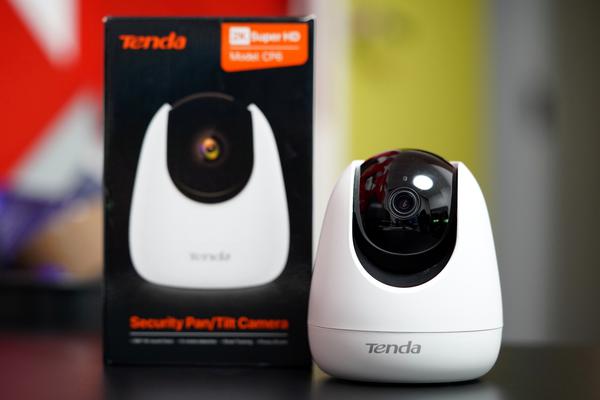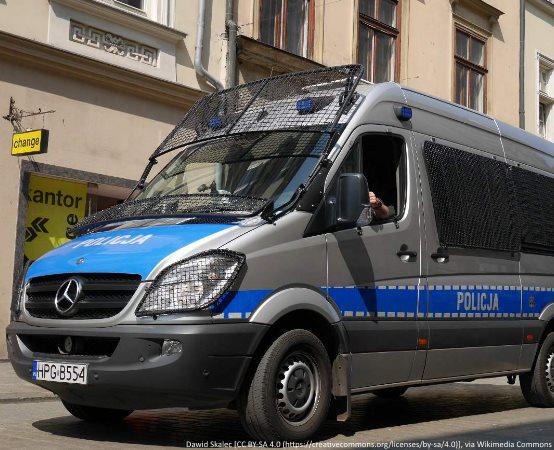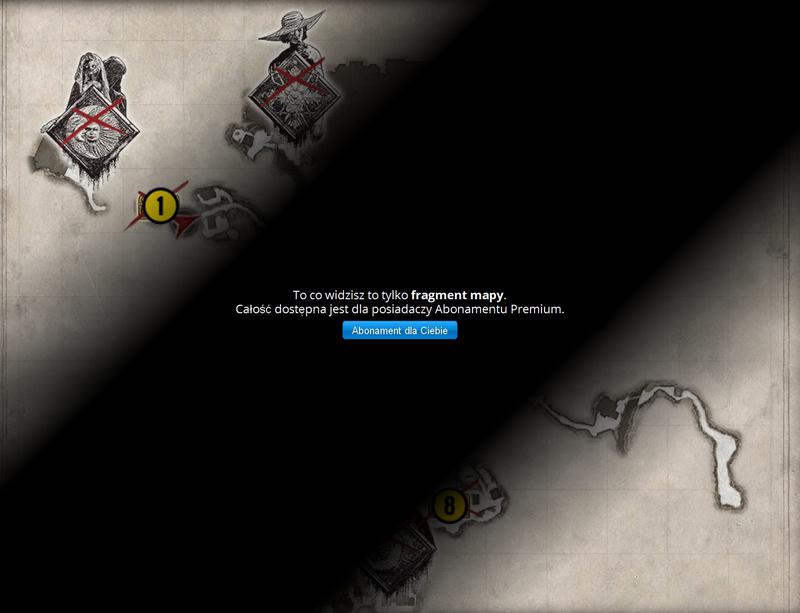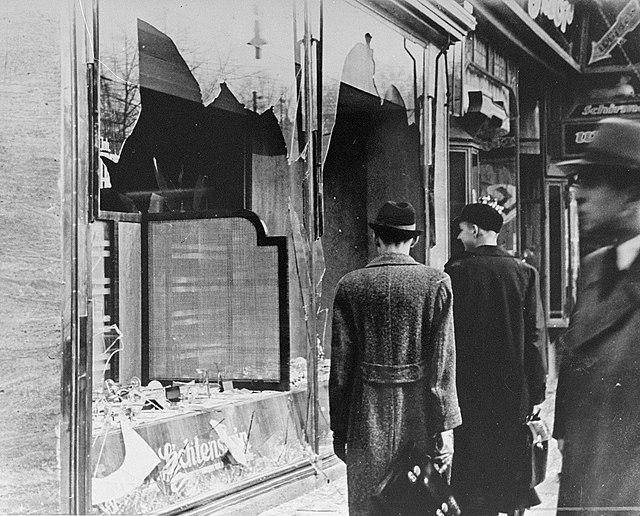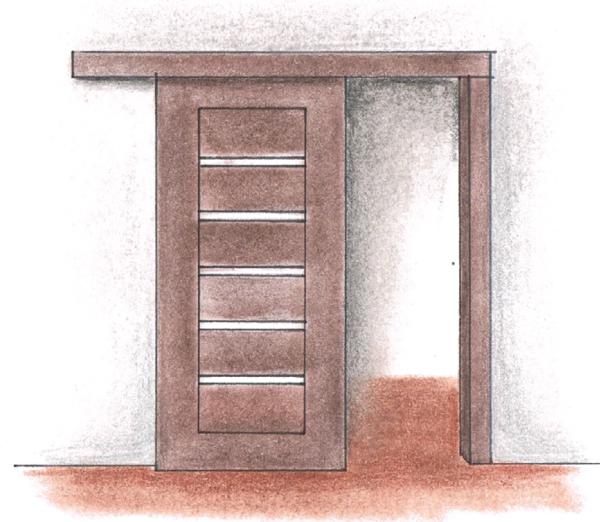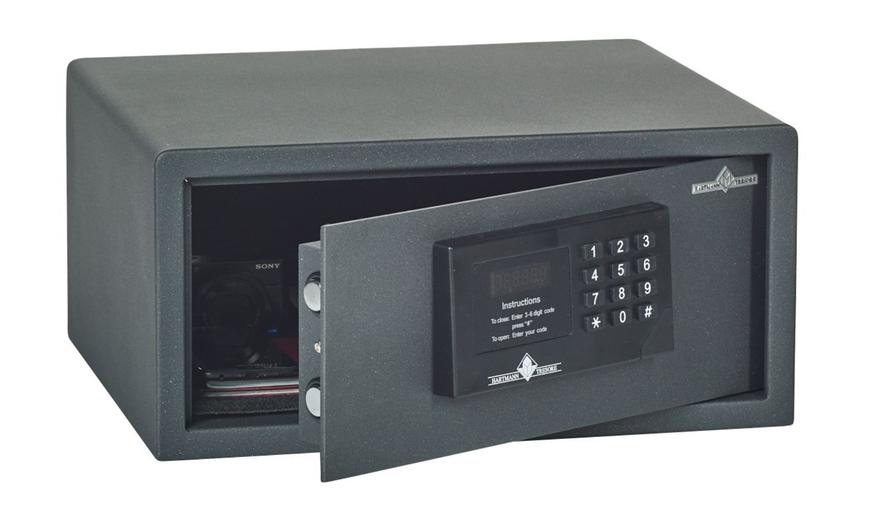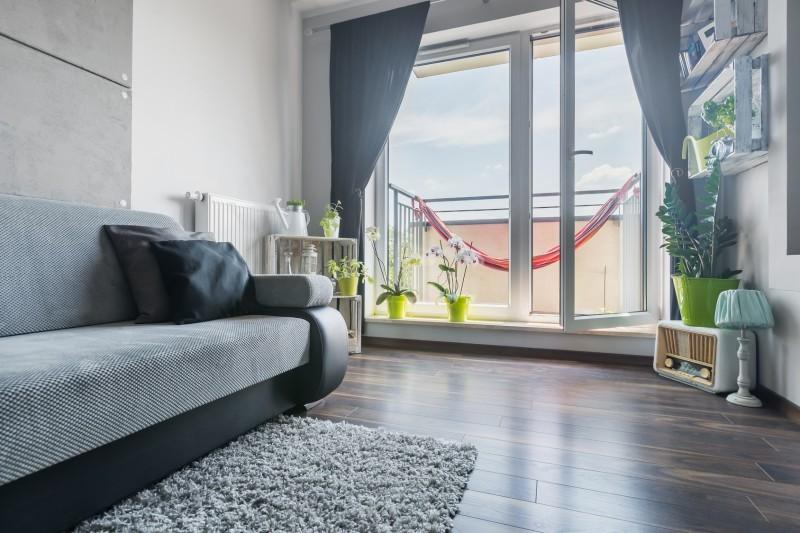How to monitor the property with cameras so as not to break the law?
Nowadays, intelligent monitoring of a property along with the premises of buildings is a security standard. However, it should be remembered that the recording of both property and adjacent areas is governed by the provisions of the GDPR law. What should you remember before installing the cameras?
The ability to check what is currently happening at home or on the property is not only convenient, but above all gives a sense of greater security.
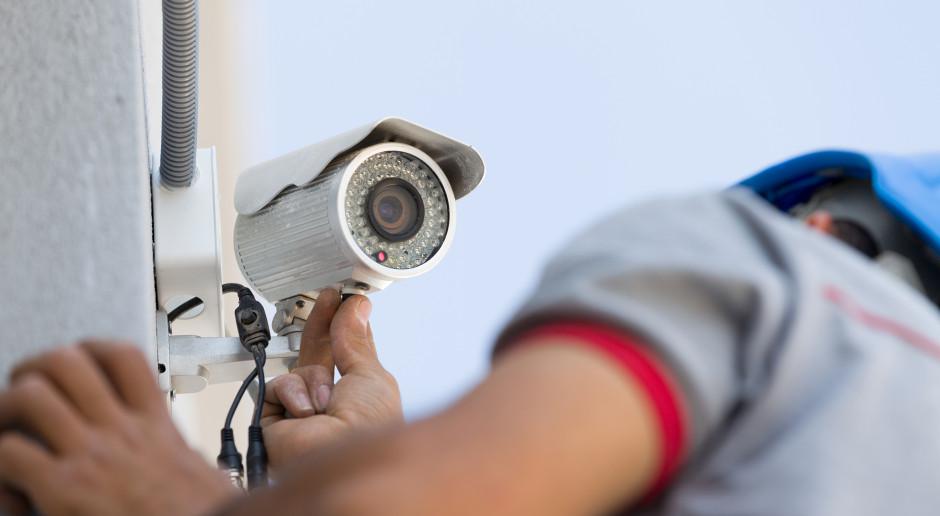
Therefore, the popularity of home monitoring is not surprising - the results of the SW Research study conducted for Netatmo show that as many as 47% of owners of smart home solutions in Poland use various types of alarms or security sensors. What should you remember before installing the cameras?
Property monitoring and the provisions of the GDPR
In Poland, the use of private surveillance cameras is supervised by the Office for Personal Data Protection (UODO). The Authority's guidelines differ significantly from those in force in the public sector.
If the camera records an image from outside a private property in a way that allows the identification of persons and stores the video, the user, in the light of the GDPR, becomes the administrator of personal data and must comply with the rules resulting from this title.
The property must, inter alia, be properly marked and it is necessary to indicate the data controller, the purposes of the processing, the defined area under observation and the storage period of the recordings. The image belongs to recorded people, so it should not be shared or published.
- Therefore, the law protects everyone who may be within the range of private CCTV systems - passers-by, visitors, neighbors, employees. In situations where the monitoring also covers a public area, e.g. a street, cameras equipped with modern solutions may prove helpful, 'emphasizes Fred Potter, the founder of the Netatmo brand. - For example, thanks to the zone definition function, the user can define the space he wants to monitor. This means that even if the field of view extends beyond the property and the camera "sees" passersby in the street, they will not be recorded. Similarly, thanks to artificial intelligence and face recognition, people employed as nannies or cleaners who often visit the property will not be recorded - emphasizes the Netatmo expert.
How to monitor employees on the premises in accordance with the law?
When it comes to employees who perform work on the premises of the monitored facility, they can be observed in connection with the task performed, but on one condition.
They must be informed about it. This also applies to remote work. If they are employed under an employment contract, the provisions on employee monitoring must be taken into account.
- A voice is also a biometric data, so the sound can only be recorded when it is necessary and results from the employee's duties, e.g. working on the hotline - notes Fred Potter, founder of the Netatmo brand. - Failure to respect applicable regulations may result in an order to dismantle the devices, and even a fine - sums up the expert.
Liked the article? Share!
Material protected by copyright - the rules for reprints are specified in the regulations .

